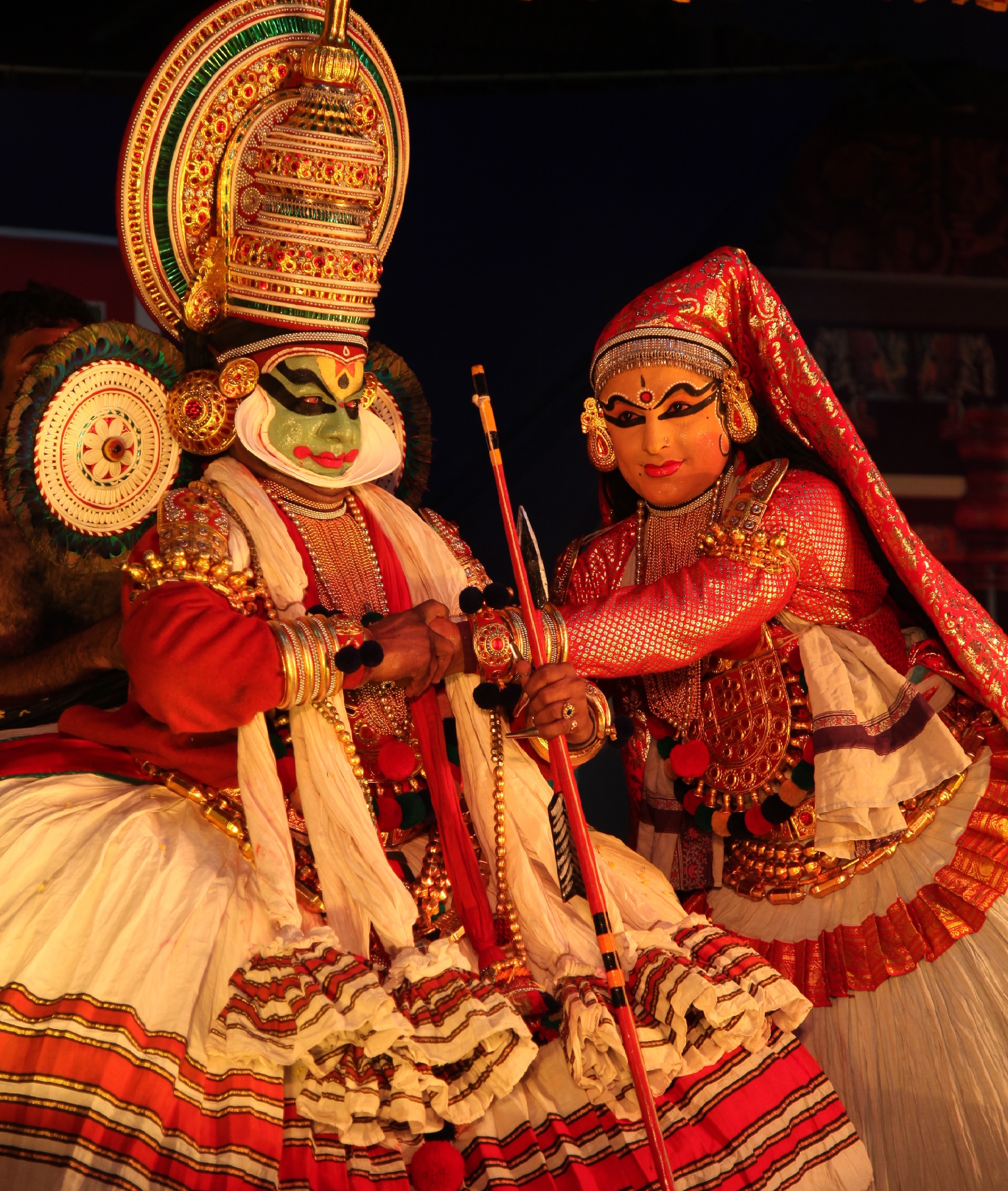Destinations in Kerala
Kerala is on the southernmost tip of India. It stretches along the coast of the Arabian Sea and is separated from the rest of the sub continent by the steep Western Ghats. The state lies between 80 18 ' and 120 48 ' north latitude and 740 52' and 770 22' east longitude. The breadth if the state varies from 32 kms in the extreme north and south to over 120 kms in the middle. Sorrounded by Karnataka in north and Tamilnadu in East, Kerala is one of the smallest states in India covering merely 1.3% of total area of the country. Physically the state can be divided in to three natural divisions, the sandy costal region with coconut groves, paddy fields, back waters and sea. The midland region made up of fertile reddish hills and valleys that grow most of Kerala's agricultural crops. Peaks extensive ridges and ravines of the Western Ghats, where sandalwood, tea, coffee, rubber and most of Kerala's exotic spices are grown. With a hundred percent literate people, world-class health care systems, lowest infant mortality and highest life expectancy rates, Kerala is India's most advanced society. Kerala has had a commendable record in terms of the Physical Quality of Life Index. The major reason for this achievement is Kerala's focus on the service sector. About 37% of the total annual expenditure of the State is earmarked for health and education. Another reason for this is the existence of a larger network of hospital infrastructure under the Directorate of Health Services with 933 primary health centres and 5094 sub centres. Kerala is also India's cleanest State. Kerala is made up of fourteen districts. Each of them have a distinct character. Thiruvananthapuram is the capital of Kerala, famous for it's Kovalam beach which is rated as one of the top ten beaches of the world. The districts are the revenue divisions of the State. The districts are further divided into taluks and villages. Each district has a head quarters where the administrative offices function. On the basis of geographical, historical and cultural similarities, the districts are generally grouped into
North Kerala
(Kasaragod, Kannur, Wayanad, Kozhikkod, Malappuram)
Central Kerala
(Palakkad, Thrissur, Eranakulam, Idukki)
South Kerala
(Thiruvananthapuram, Kollam, Alappuzha, Pathanamthitta, Kottayam)
Commerce
Agriculture contributes most to the state's income in the primary sector. Kerala's major sources of exports are agro-based and traditional like coir and cashew as well as marine products and manpower. In spices, pepper is the single most important product, with Kerala being the largest producer and exporter of black pepper. Cardamom and ginger are also exported. Tourism, Information Technology, Fertilizer, Oil Refining and Power Generation, Ship Buildings, Machine Tools, Electronics, Cables, Rubber industries are major industries of the state.
Climate
Kerala enjoys balmy whether almost all through out the year. It is neither too cold in the winter months nor too hot in summer. The best time to visit is November to February, where the air bracing and on some morning there is a light mist.
Language, People and CultureL
The official language of Kerala is Malayalam but English too is widely spoken. Kerala is one of the most progressive state in terms of social welfare and physical quality of life. The people of Kerala enjoy a unique cosmopolitan outlook, which is reflected in there tolerance towards other races and religions. Among the people who have enriched Indian Cultural Heritage and helped the cause of national integration, the people of the Kerala region of South India have a place of honour. Kerala's culture is also a composite and cosmopolitan culture to which several people and races have made their significant contributions. The gradual evolution of composite and cosmopolitans culture led to the emergence of a spirit of tolerance and catholicity of outlook, which still persist among the people of Kerala. In response to every challenge Kerala has demonstrated through the ages its genius for adaptation and fusion of old traditions and new values in every sphere of human thought and endeavour. The culture of Kerala has persisted through the ages precisely for the reasons of antiquity, unity, continuity and universality of its nature. In its widest sense it embraces the highest achievements of the human spirit in every sphere of life. Thus, in its totality, it represents the quintessence of the collective achievements of a people in the fields of religion and philosophy, language and literature, art and architecture, education and learning and economic and social organisation. A state with 100% literacy, world standards of health, and a hard working, determined, dedicated population is always setting standards in almost all the spheres of its activity.
